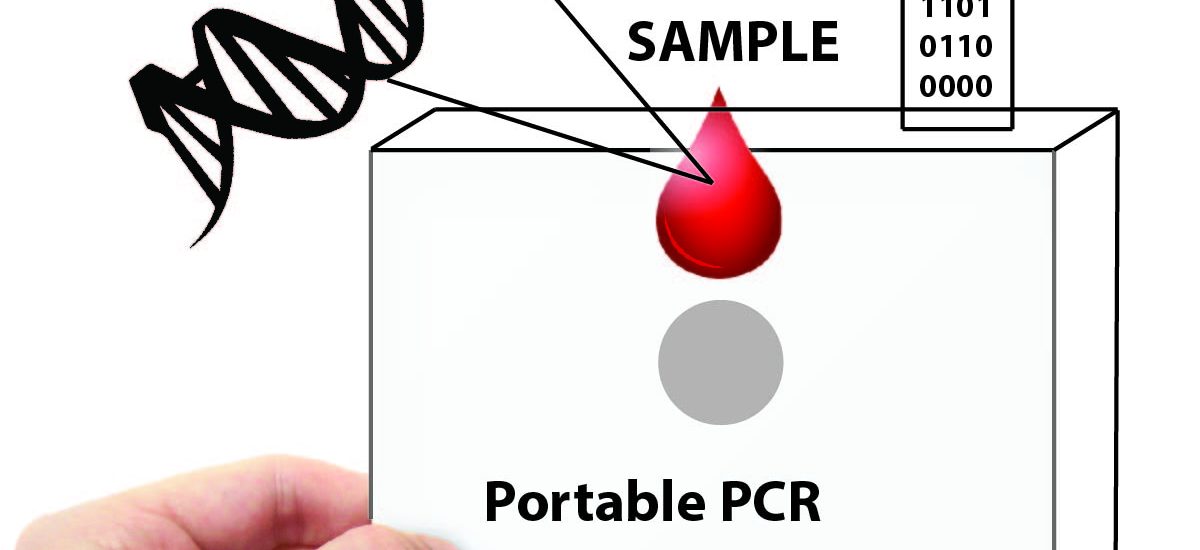About the project
Objective
This project aims to develop hardware and software for an open-source DNA test to enable point-of-care self-testing. This system will consist of a disposable and low-cost test strip, a low cost, and a small electronic device that carries out the tests. It will read the results digitally and communicate them directly to smartphones. The project will be carried out in a collaboration between a research lab at CBH School, the KTH prototype centre and hospitals for patient samples and testing. In the short term, this project can immediately be used for digital DNA detection of the novel SARSCoV-2 virus. More importantly, open-source, fully digital DNA tests can have a long-term effect on global health care by digitalizing and democratizing molecular diagnostics.
Background
The classical Nucleic-acid amplification testing (NAAT) requires several steps, and the current tests are mainly performed by highly trained personnel using advanced machinery in centralized laboratories. In the past decade, the Hamedi Lab and numerous others pioneered the development of analytical devices fabricated by using high throughput printing techniques on paper and other substrates to build diagnostic devices which are very cheap and simple to manufacture. All steps of liquid handling, storage of reagents, biochemistry, and electroanalytical detection, can be performed inside this paper. A few examples have shown that NAAT tests can be performed using these printed diagnostics devices.
Crossdisciplinary collaboration
The researchers in the team represent the School of Engineering Sciences in Chemistry, Biotechnology & Health, KTH and the School of industrial engineering and management, RISE.



